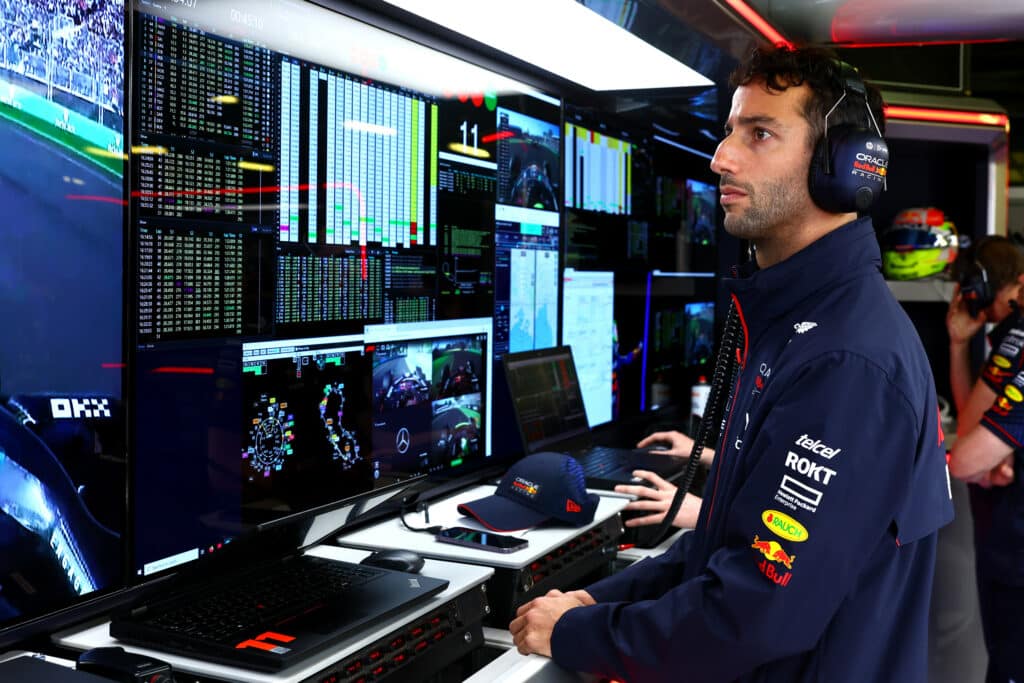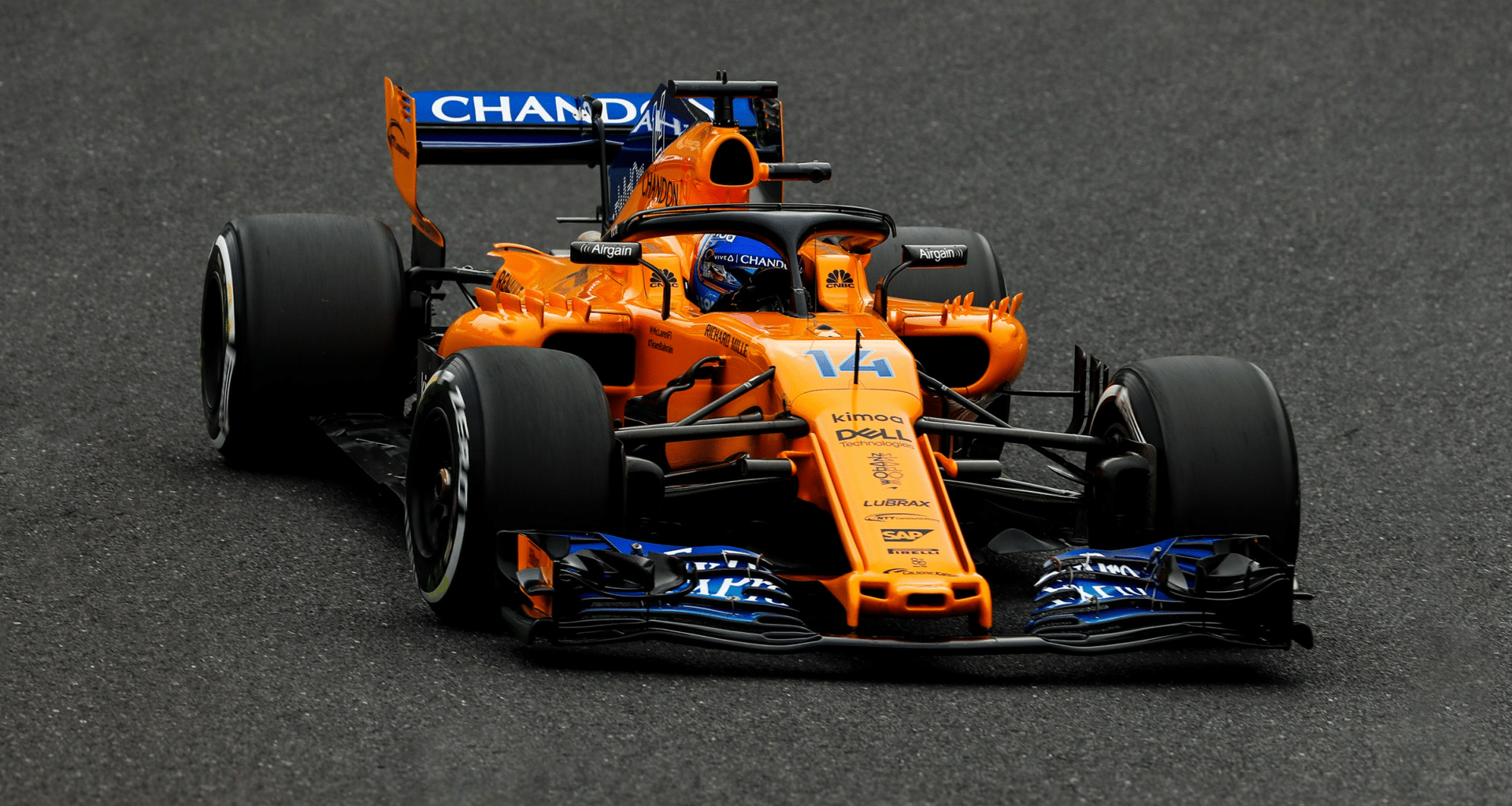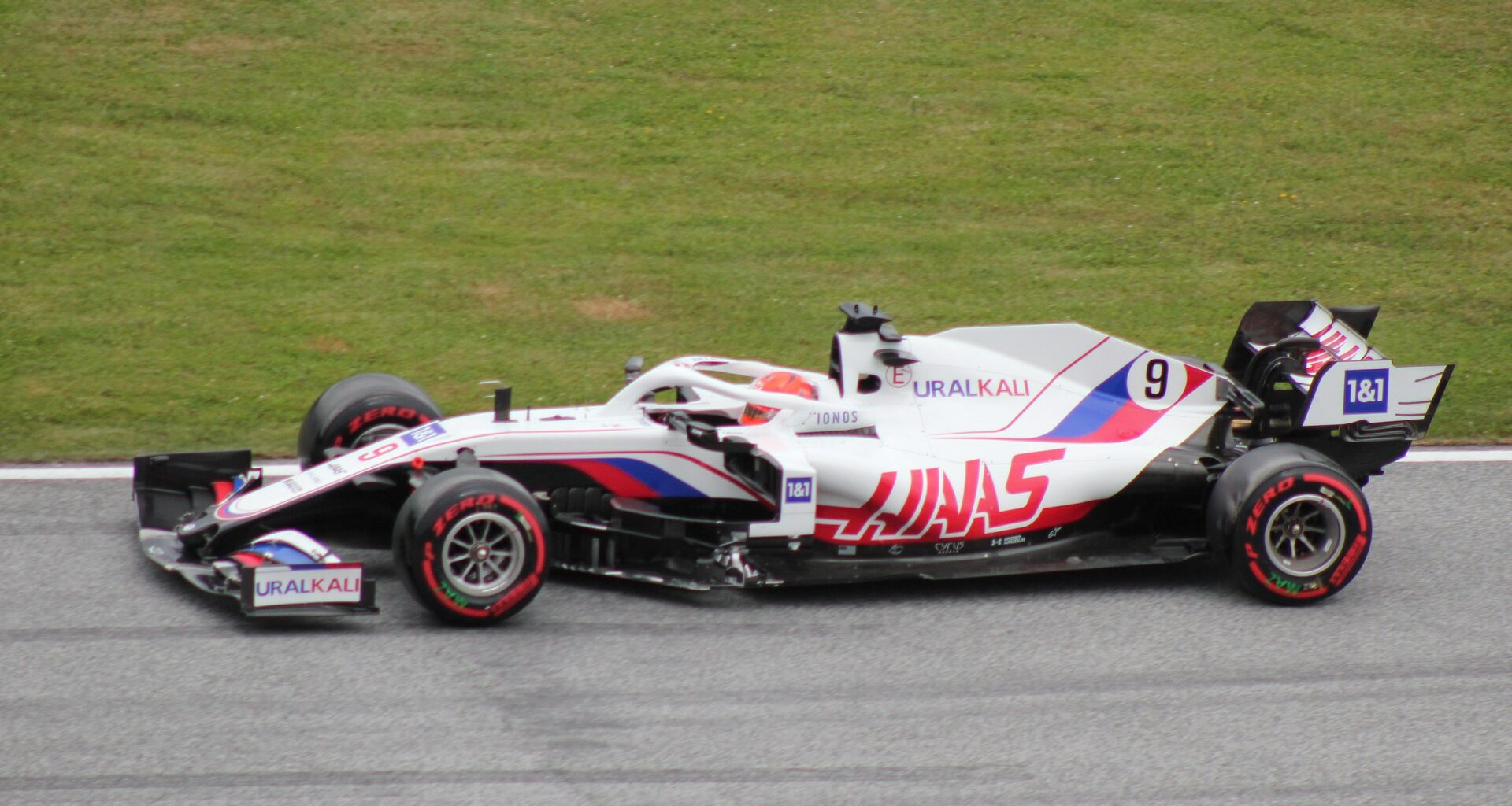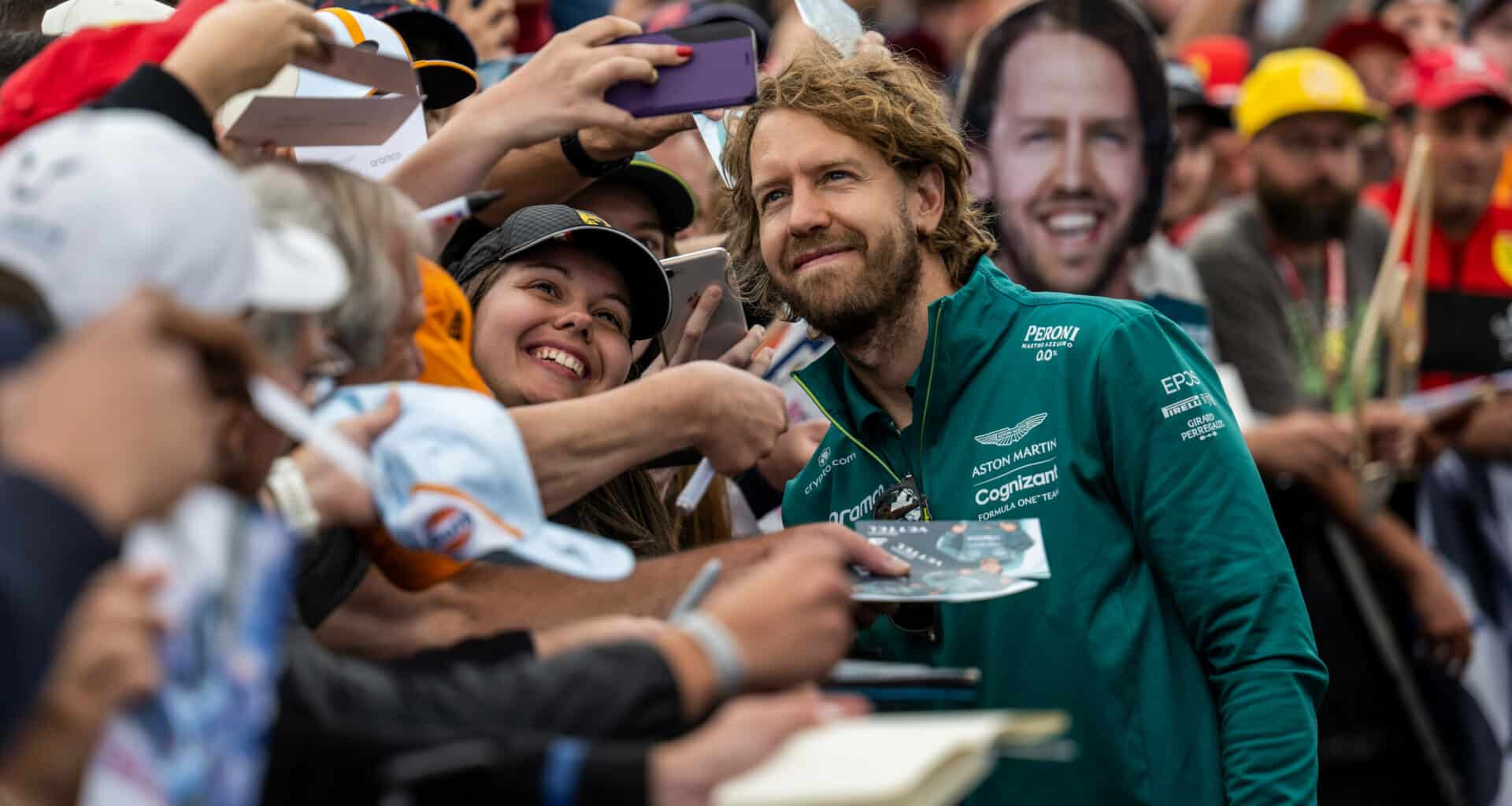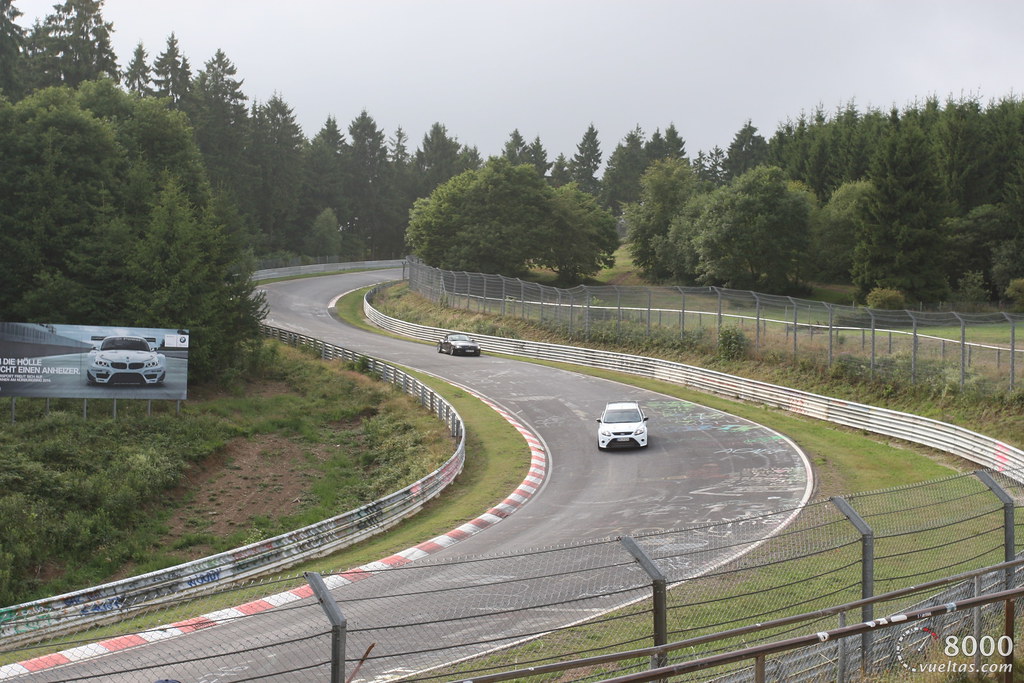Formula 1 reserve drivers’ salaries vary significantly based on factors like experience, team, and marketability. Here is an overview of the estimated earnings for F1 reserve drivers based on the provided search results:
Reserve Driver Earnings:
- Reserve drivers in Formula 1 can earn anywhere from around $100K to $1 million annually
- Some reserve drivers actually pay their place by bringing money or sponsors that pay a good amount
| Team | Reserve driver(s) |
|---|---|
| Red Bull | Liam Lawson |
| Mercedes | Mick Schumacher and Frederik Vesti |
| Ferrari | Oliver Bearman, Antonio Giovinazzi and Robert Shwartzman |
| Aston Martin | Felipe Drugovich |
| McLaren | Ryo Hirakawa and Pato O’Ward |
| Alpine | Jack Doohan |
| Visa Cash App RB | Liam Lawson |
| Stake F1 | Theo Pourchaire and Zane Maloney |
| Williams | TBC |
| Haas | Pietro Fittipaldi and Oliver Bearman |
Table of Contents
- 1 Roles and Responsibilities of Reserve Drivers
- 2 Factors Influencing the Earnings of Reserve Drivers
- 3 Comparing Salaries of Reserve Drivers and Main F1 Drivers
- 4 The Path to Becoming an F1 Reserve Driver
- 5 Benefits and Perks of Being an F1 Reserve Driver
- 6 Notable Reserve Drivers Who Became Successful in Formula 1
- 7 Reserve Driver Opportunities within Formula 1 Teams
Roles and Responsibilities of Reserve Drivers
Reserve drivers in Formula 1 are essential to a team’s success, offering their skills and expertise in various areas.
Their roles and responsibilities include, but are not limited to:
- Participating in free practice sessions and providing feedback to team engineers
- Being prepared to substitute the main driver in case of injury or other issues
- Engaging in media events and promotional activities
- Testing cars during development stages
- Providing feedback on car performance and participating in engineering meetings
- Accompanying the main driver to the track during race weekends
- Assisting with race strategy development
Factors Influencing the Earnings of Reserve Drivers
F1 reserve drivers do not have a set salary, but they do receive compensation from their teams.
Factors that influence their earnings include the driver’s experience, the team’s budget, and performance in practice sessions and tests.
Typically, reserve drivers can earn between €50,000 and €200,000 annually.
However, some individuals, such as Nico Hulkenberg, were reported to have earned up to $8 million USD as a reserve driver in 2020.
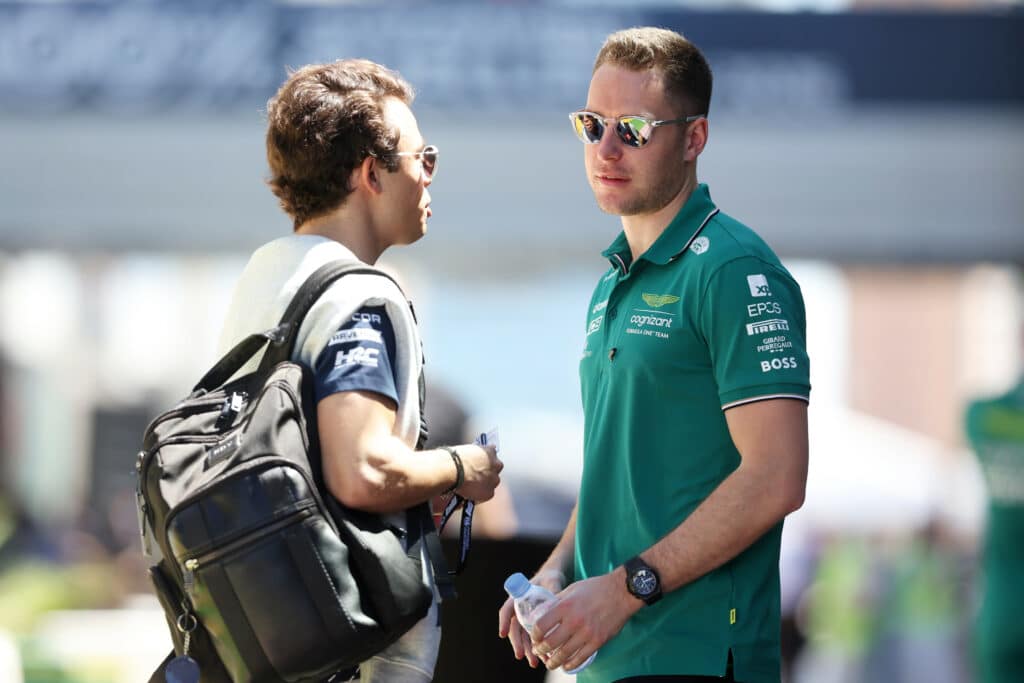
Comparing Salaries of Reserve Drivers and Main F1 Drivers
While reserve drivers can earn a considerable income, their earnings pale in comparison to the main Formula 1 drivers.
F1 drivers’ salaries can range from millions to tens of millions of dollars per year, depending on their experience, team, and performance.
Even though reserve drivers are highly skilled professionals, their income is significantly lower compared to the main drivers.
The Path to Becoming an F1 Reserve Driver
Becoming an F1 reserve driver is an excellent way of gaining experience in the world of motorsports, creating opportunities to become a full-time F1 driver in the future.
To become an F1 reserve driver, one must:
- Obtain a racing license from the governing body of motorsports in their country
- Complete a racing school, such as the Skip Barber Racing School
- Participate in amateur races and build up a resume
- Join F1 test teams and gain valuable experience
- Network with teams and drivers to increase employment chances
- Apply to teams with a strong resume and solid connections
Benefits and Perks of Being an F1 Reserve Driver
While reserve drivers may not earn as much as the main F1 drivers, they still enjoy various benefits and perks.
These may include access to team facilities, travel expenses, and bonuses based on their performance.
Additionally, being a reserve driver is a great opportunity to gain experience, create connections within the industry, and potentially move up to become a full-time F1 driver.
Notable Reserve Drivers Who Became Successful in Formula 1
Many reserve drivers have gone on to achieve success in Formula 1, paving their way to successful careers as main drivers.
Some notable examples include Sebastian Vettel, who started as a reserve driver for BMW Sauber, and Daniel Ricciardo, who began as a reserve driver for Red Bull Racing.
Reserve Driver Opportunities within Formula 1 Teams

Each Formula 1 team relies on reserve drivers to ensure a smooth and competitive racing season.
Opportunities for reserve drivers may vary depending on the team, as some teams may hold open tryouts to find new talent, while others may rely on networking and direct applications.
Interested individuals can apply to teams directly or use agents, such as Sabine Kehm, Sebastian Vettel‘s manager, who is specialized in securing positions for drivers.
